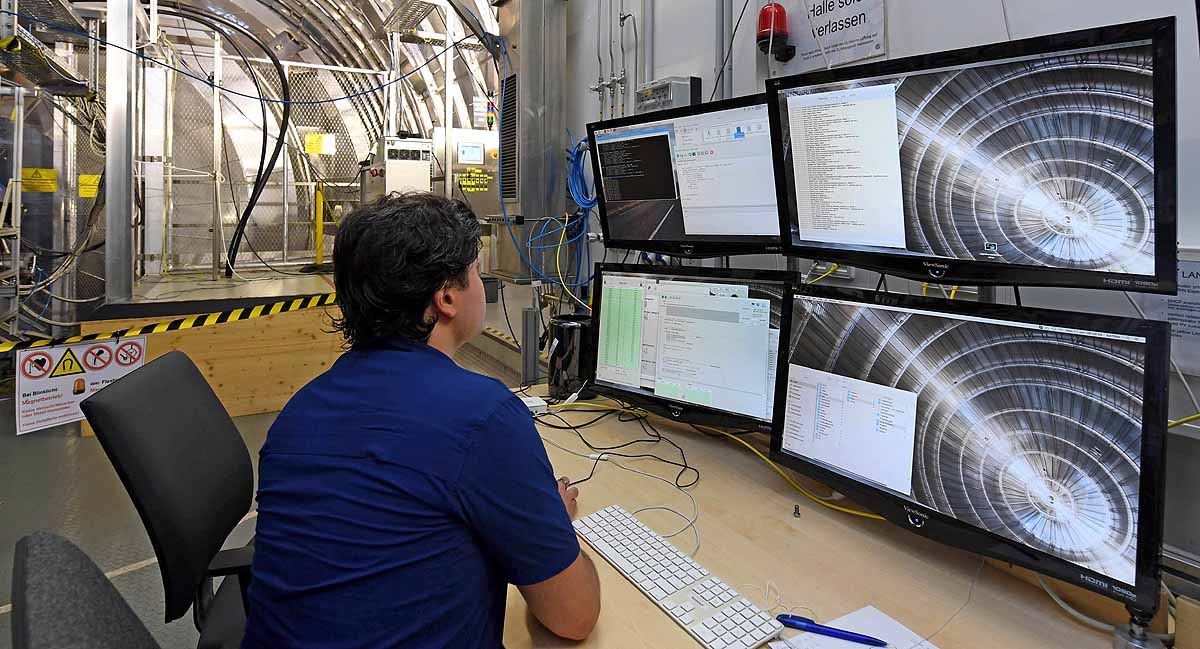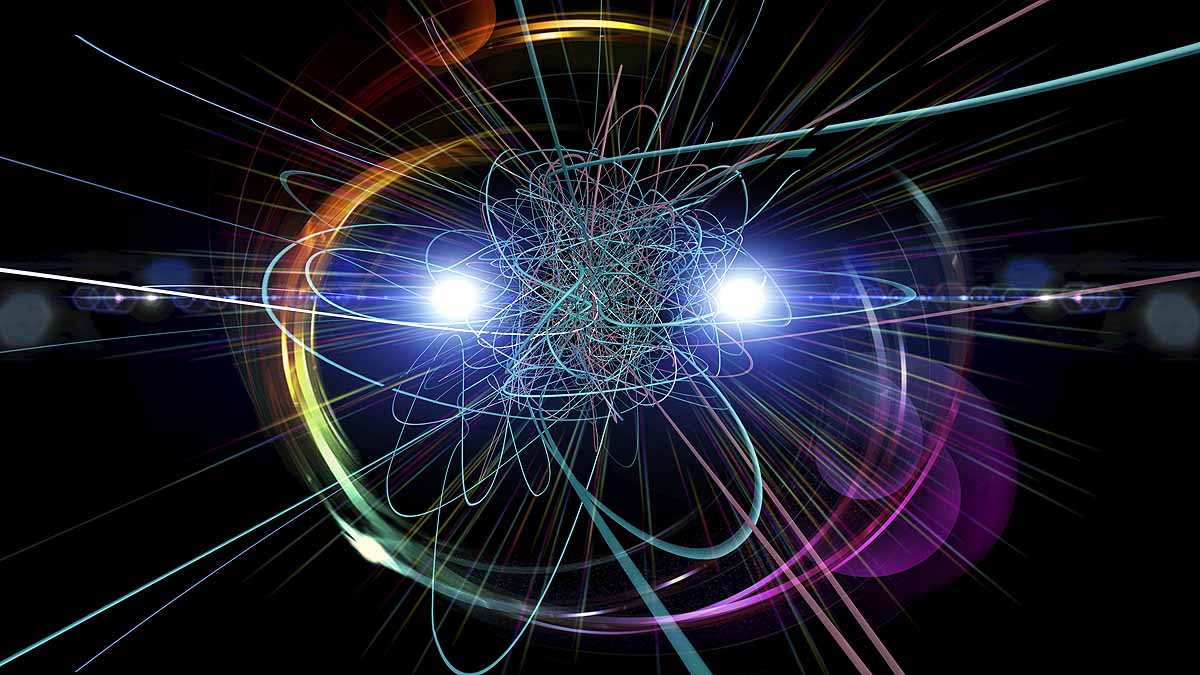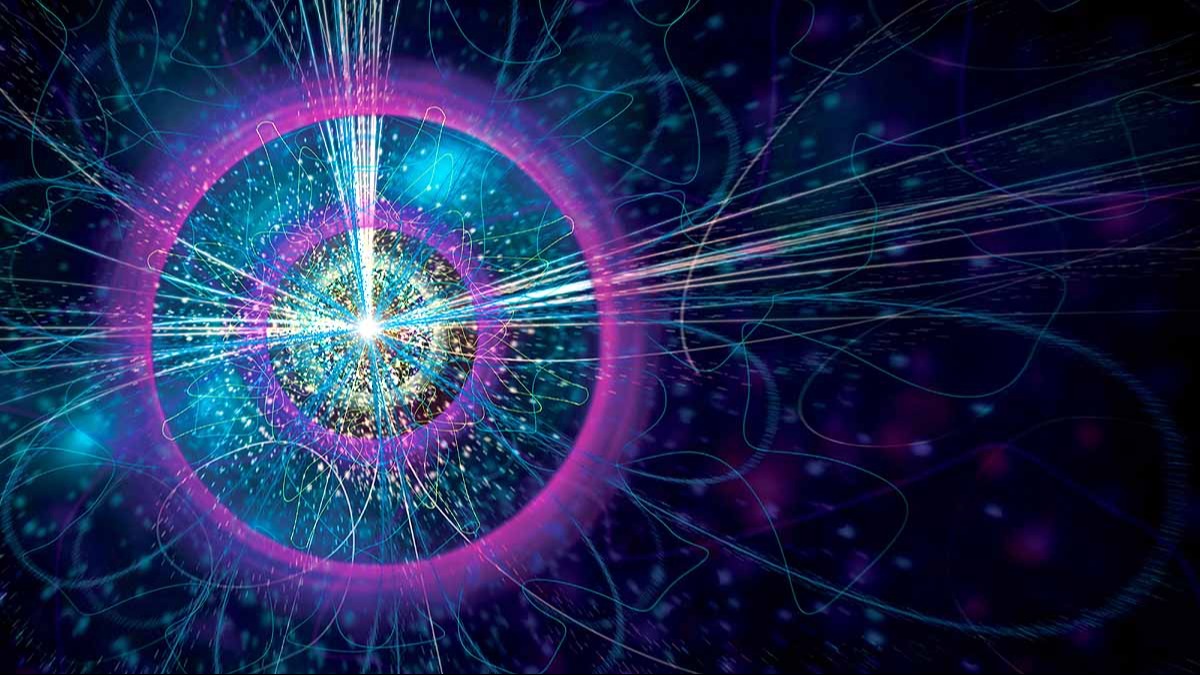The Higgs boson, or 'God Particle,' as it's popularly known, lost its discoverer, Nobel laureate Peter Higgs, but its legacy continues to shape our understanding of the cosmos.
Curious about the enigmatic God Particle? The particle smaller than an atom fades away swiftly and is incredibly unstable, never spinning, never charged, and thriving within the Higgs field.

Source: aajtak
Its discovery was momentous, taking place at Switzerland's CERN Laboratory in 2012. Decades of search linked, by some, to cosmological deities reflect its profound significance. God Particle indeed, it took scientists 40 years to find.
As the universe's DNA, the Higgs boson remains a puzzle in form and creation. Particle physicists deem quarks, leptons, and gauge bosons as fundamental, but the Higgs sits at the very heart of reality.

Source: aajtak
Peter Higgs theorized this energy-containing particle in 1964, its ability to bestow mass underpins everything we perceive—planets, stars, life—all made tangible through the Higgs. It's what gives substance and allows for existence.
Amass a mass 130 times greater than a proton, the God Particle weighs in at 125 billion electron volts, its name adorned with Satyendra Nath Bose, an Indian physicist. Yet, the very existence of the Higgs boson stirs debates among scientists worldwide.
Originally dubbed the 'Goddamn Particle' by Leon Lederman due to its elusive nature, publishers softened it to 'the God Particle.' Such is the cosmic enigma that is the Higgs boson.




